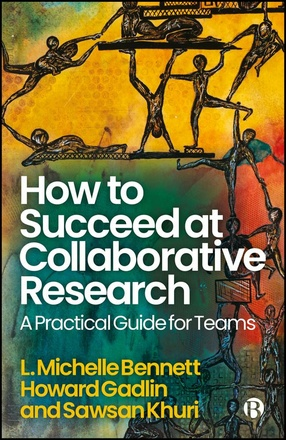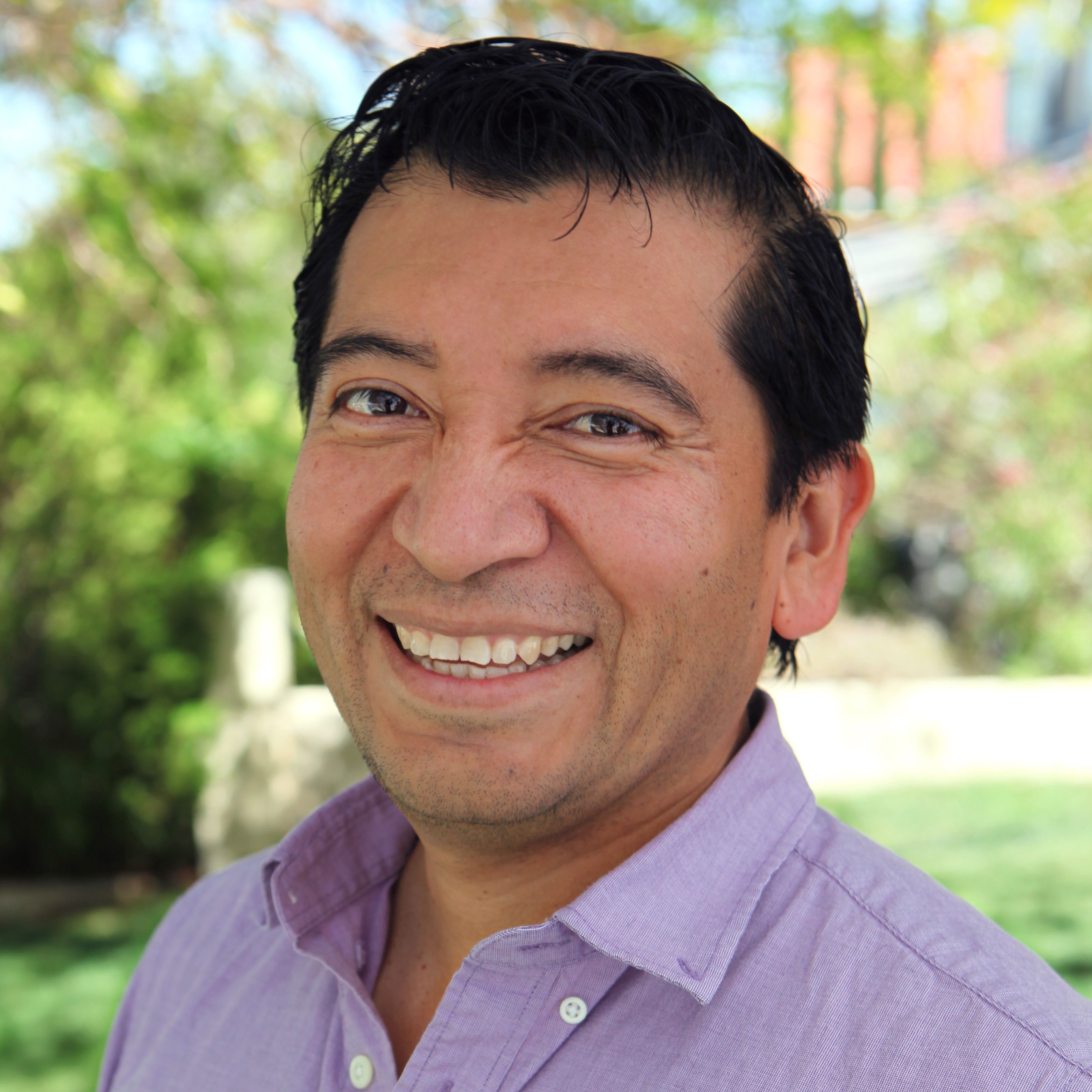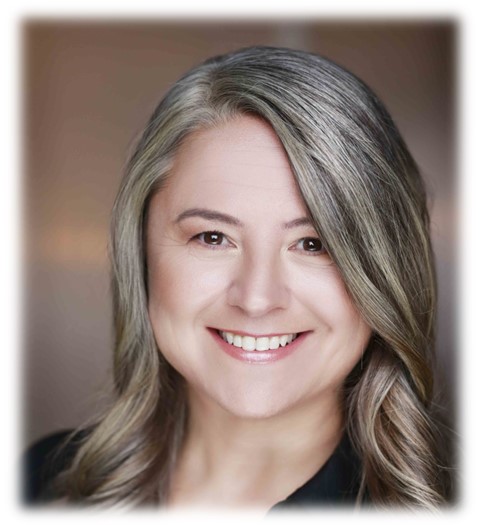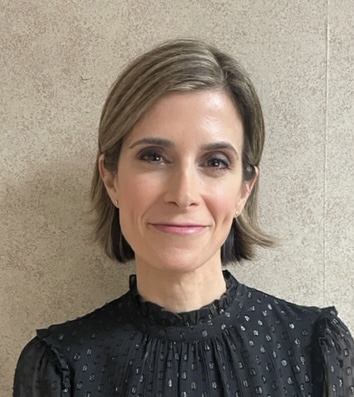 As Ombuds, we often find ourselves supporting individuals and groups working in high-stakes, cross-functional, and/or interdisciplinary environments. These spaces can offer tremendous opportunities for innovation. These environments also frequently bring the interpersonal and structural challenges that lead people to our doors. Researchers, in particular, often work within complex collaborations that span departments, institutions, cultures, and differing funding expectations. When roles, expectations, or communication norms are unclear, relational strain can quickly appear. Today's complex research challenges demand effective teams, yet researchers rarely receive training in teamwork skills crucial for collaborative success. How to Succeed at Collaborative Research: A Practical Guide for Teams (L. Michelle Bennett, Howard Gadlin, and Sawsan Khuri (2025)) is a resource for us as Ombuds to help us understand and support those researchers that may come to our office.
As Ombuds, we often find ourselves supporting individuals and groups working in high-stakes, cross-functional, and/or interdisciplinary environments. These spaces can offer tremendous opportunities for innovation. These environments also frequently bring the interpersonal and structural challenges that lead people to our doors. Researchers, in particular, often work within complex collaborations that span departments, institutions, cultures, and differing funding expectations. When roles, expectations, or communication norms are unclear, relational strain can quickly appear. Today's complex research challenges demand effective teams, yet researchers rarely receive training in teamwork skills crucial for collaborative success. How to Succeed at Collaborative Research: A Practical Guide for Teams (L. Michelle Bennett, Howard Gadlin, and Sawsan Khuri (2025)) is a resource for us as Ombuds to help us understand and support those researchers that may come to our office.
Specifically, this book provides guidance that may help us support researchers with tools to build and sustain effective teams. Drawing on organizational psychology, team science and the authors’ own experience, it offers concrete practices for fostering collaborative innovation, managing diverse perspectives and achieving high-impact outcomes. The book is intended for researchers, administrators and facilitators seeking to build high-performing teams. with a special focus on enabling researchers to work effectively across different disciplines, organizations, and sectors to meet the evolving demands of complex research projects.
This book spotlight is an effort of the Independent Voice to bring relevant resources to your attention. If you have resources that you feel our Ombuds colleagues will benefit from knowing, please send a message to
[email protected] and we will look to share via this channel.



 As Ombuds, we often find ourselves supporting individuals and groups working in high-stakes, cross-functional, and/or interdisciplinary environments. These spaces can offer tremendous opportunities for innovation. These environments also frequently bring the interpersonal and structural challenges that lead people to our doors. Researchers, in particular, often work within complex collaborations that span departments, institutions, cultures, and differing funding expectations. When roles, expectations, or communication norms are unclear, relational strain can quickly appear. Today's complex research challenges demand effective teams, yet researchers rarely receive training in teamwork skills crucial for collaborative success.
As Ombuds, we often find ourselves supporting individuals and groups working in high-stakes, cross-functional, and/or interdisciplinary environments. These spaces can offer tremendous opportunities for innovation. These environments also frequently bring the interpersonal and structural challenges that lead people to our doors. Researchers, in particular, often work within complex collaborations that span departments, institutions, cultures, and differing funding expectations. When roles, expectations, or communication norms are unclear, relational strain can quickly appear. Today's complex research challenges demand effective teams, yet researchers rarely receive training in teamwork skills crucial for collaborative success. 
 The Structured Reflective Instrument
The Structured Reflective Instrument By Martina Peskoller-Fuchs
By Martina Peskoller-Fuchs By Julie Muroff,
By Julie Muroff,